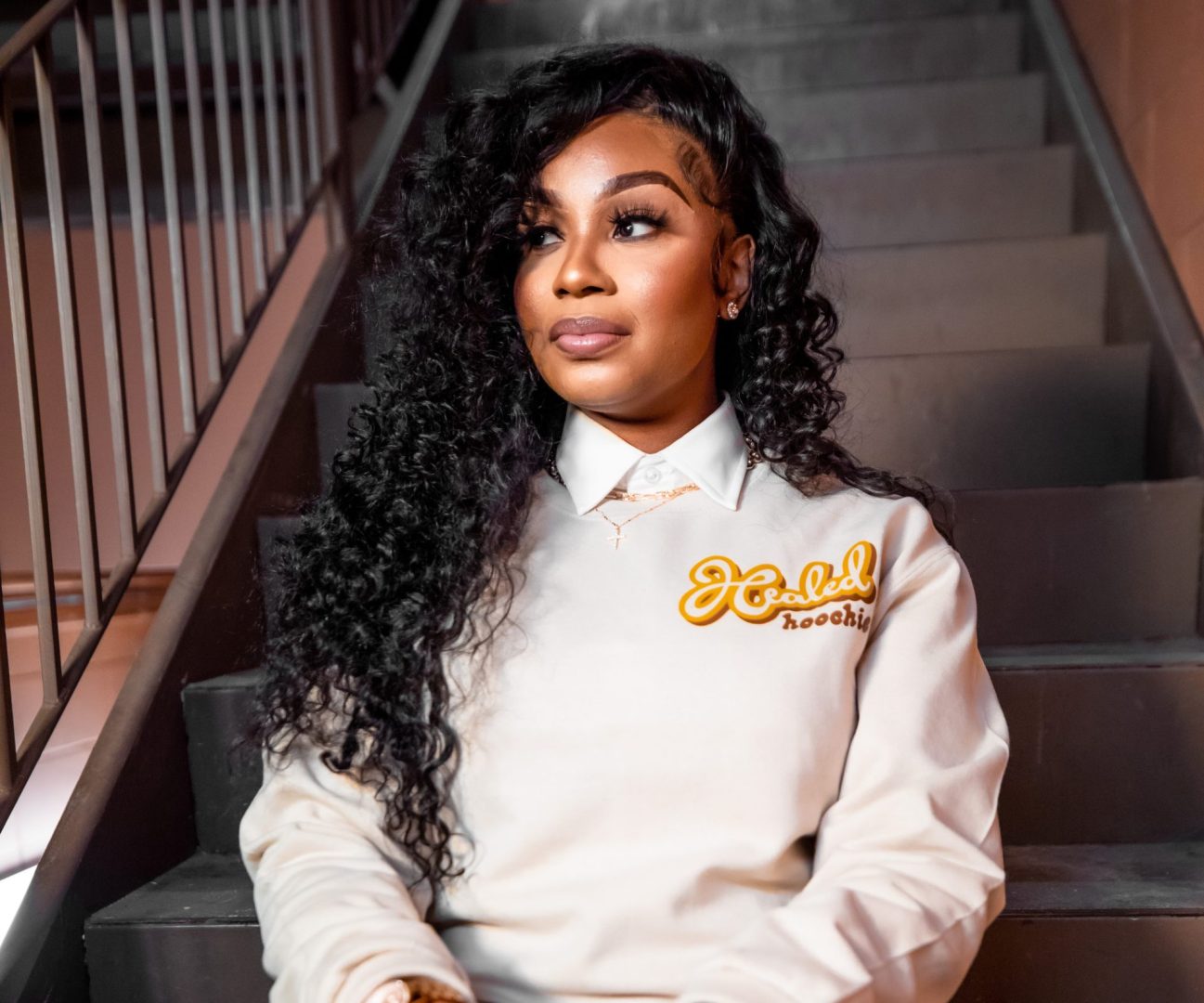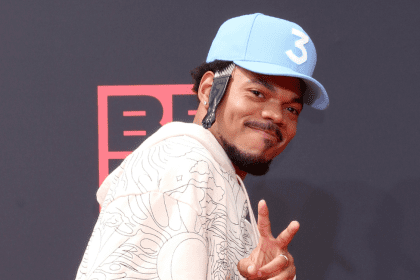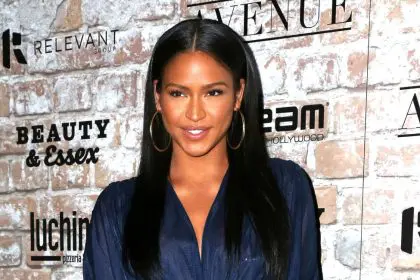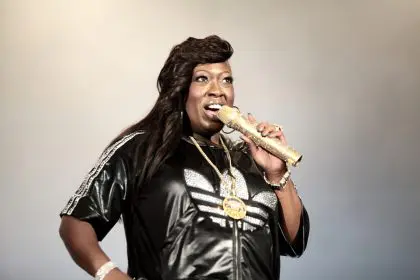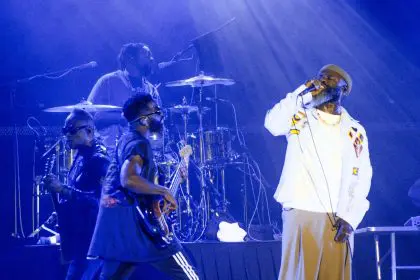Hip-hop artist Nakara Forje explores the raw aftermath of toxic relationships in her latest EP, Toxic Pack, new EP from her “Healed Hoochie” trilogy. The EP series weaves sharp-tongued verses while showcasing Forje’s trademark blend of vulnerability and roughness. Forje’s unflinching lyrics tackle trauma (“Disdain”) and self-confidence (“Carl Thomas”) while showing her unhinged side (“Voices”).
Nakara recently spoke with rolling out about her new EP.
How did your relationship with hip-hop begin, and what moment made you realize you wanted to pursue rapping professionally?
I come from a music-loving household. I vividly remember my mom faithfully playing Mary J. Blige. My dad and uncle were also in a hip-hop group, so I grew up hearing stories of shows, tours and studio sessions. My dad gave me a rap name when I was about 5. It was Nikki J; he still called me that before he passed.
Throughout your evolution as an artist, what experiences or moments have most profoundly shaped your musical identity and the stories you tell through your lyrics?
I honed my skills on the open mic scene between 2009 and 2011. I went from timid to fierce and respected quickly. Losing my best friend — my sister S’sence — has significantly shaped me as an artist. Losing her made me recommit to music, and it was then that I began leaning into sharing my experiences about love and intimate relationships.
Tell us about your new EP — what message or emotional journey do you hope listeners will take away from this body of work?
My new project is an EP that’s part of a trilogy called “Healed Hoochie.” This one is called Toxic Pack, divulging the details of a passionate but toxic relationship. I think it’s raw, relatable and well-rounded regarding the trauma, self-reflection and feelings explored. It talks about everything from sexual manipulation to harm I experienced as a child that led me to some of my toxic traits as a grown woman. I hope listeners always hear reflections of themselves and be encouraged to grow and heal.
Can you describe your creative process for developing this EP, from the initial concept to the final production?
When I decided that “Healed Hoochie” would be a series of music projects, I knew one would be called Toxic Pack. Because I prefer to speak from an authentic space, timing is everything for me. I recently got out of a toxic situation that was weighing my spirit down, and music is therapy for me. So, I began curating the track list from songs and ideas I already had and added concepts I wrote specifically for this project.
Which female rappers influenced your style, and how have you worked to develop your distinctive voice?
I don’t know that female rappers influenced my style because there’s not one I can genuinely compare myself to. I’ve always wanted to be like Hov. There were things I admired, such as Missy’s edgy creativity, Foxy’s sexy roughness and Da Brat’s savvy smoothness.
What unique challenges have you faced as a woman in hip-hop, and how have those experiences shaped your approach to your craft?
Somebody always wants to be intimate with me, and professionalism can go out of the window quickly if I don’t set the tone. I have to balance my professionalism and feminine energy very delicately. As a woman in hip-hop, people automatically want to place you in a box. If you’re not Meg, they want you to be Rapsody. There’s not a lot of room to be sexy and conscious.
In what ways do you see yourself pushing the boundaries of rap music, both lyrically and sonically?
Authenticity and not having it all together are important for people to see and hear. So much of what we are exposed to is fabricated. I just want to be the real amongst the fake.

